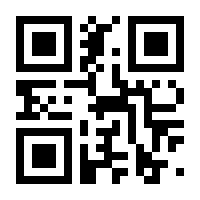
×
![Buchcover ISBN 9783525550588]()
Anthropological Reformations – Anthropology in the Era of Reformation
herausgegeben von Anne Eusterschulte und Hannah WälzholzThe aim of the volume is to engage in an interdisciplinary discussion about the establishment and debates on anthropological concepts and their changes in the age of Reformation: How do anthropological concepts touch theological questions such as the freedom of will or the human likeness to God? In which ways is there a reflection on emotions? How is scientific knowledge received by theologians? How is contemporary thought on the conditio humana presented in literature and poetry? The volume combines selected papers of relevant experts with the research work of young graduate or postgraduate scholars. It tries to encourage a transdisciplinary, international discussion focused on exemplary case studies as well as systematic points of view. Thanks to the outstanding commitment of all participants of the conference we are able to present the results of this discussion, a rich and comprehensive spectrum of research work, which will encourage further research.



